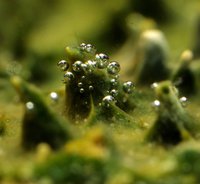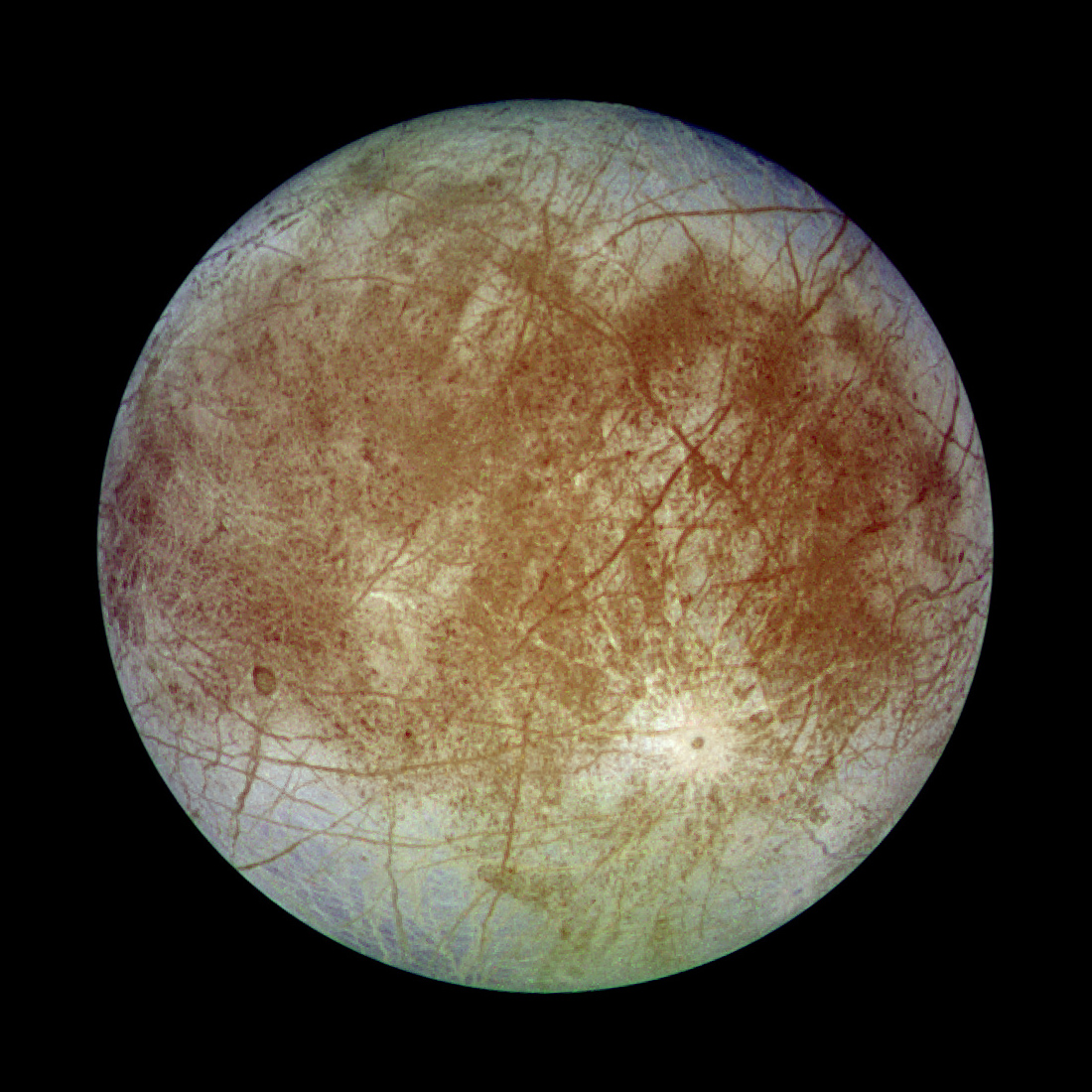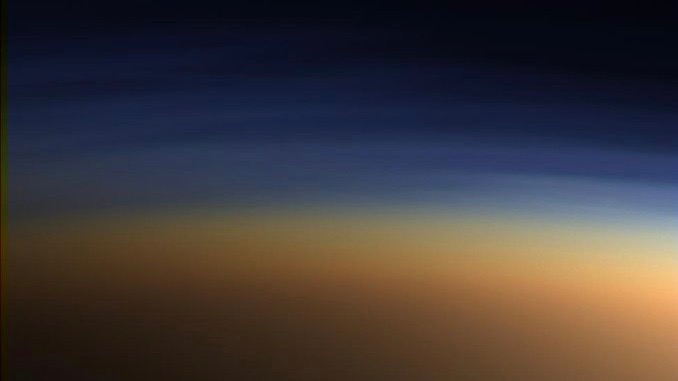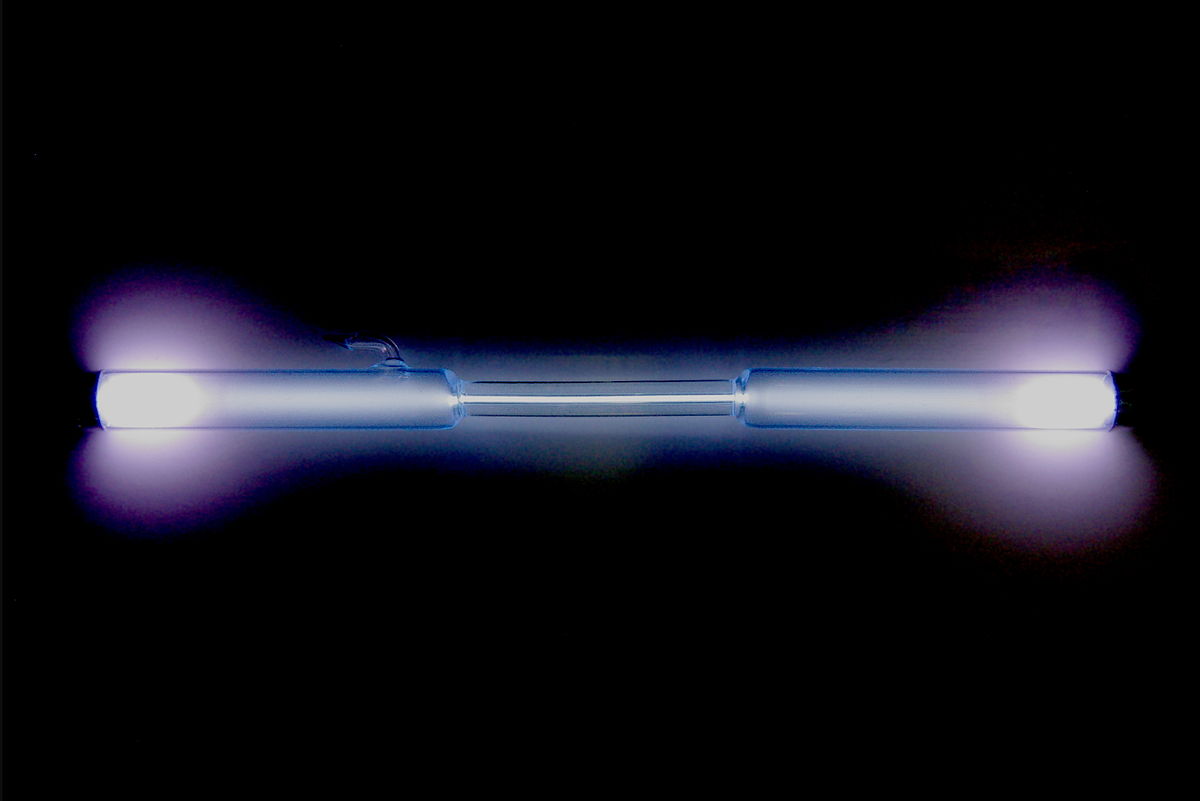
Life on Earth is dominated by microbes, in terms of biomass, overall rates of activity, use of potentially available habitats, and length of time on the planet. Much of our search for early life on Earth focuses on microbial mats and stromatolites, in which a diverse set of photosynthetic and non-photosynthetic microbes live in complex, interdependent assemblages. The nature of these systems can vary dramatically depending on the specific environment. This talk will present a glimpse at the diversity of assemblage types from different locations including Bahamian (marine -carbonate), temperate intertidal siliciclastic, and hypersaline environments, and illustrate some of the new findings from an ongoing in depth survey of a local system in Monterey Bay, CA. Due to the different mineral and biological content, these different types of benthic systems may process irradiance differently, which is both an old and new topic of interest for our working group and of increasing interest for the remote sensing community.
Since microbial ecosystems are also the loci where the myriad processes necessary for regenerative cycling of energy and elements occur on Earth (and support higher life forms, including our own), increasingly these microbial systems are being explored and applied to address current day challenges in sustainability of renewable energy sources. These capabilities also make microbial ecosystem management a logical component of future space exploration research and technologies. The current Microbial Observatory initiative for ISS, is one such example, and a brief overview of current efforts to engage the scientific community on ecological and related human health considerations topic will be presented.
 Getting Under Europa’s Skin
Getting Under Europa’s Skin Tracing Formation and Evolution of Outer Solar System Bodies Through Stable Isotopes and Noble Gas Abundances
Tracing Formation and Evolution of Outer Solar System Bodies Through Stable Isotopes and Noble Gas Abundances Photosynthesis, a Planetary Revolution
Photosynthesis, a Planetary Revolution Xenon: King of the Gases
Xenon: King of the Gases